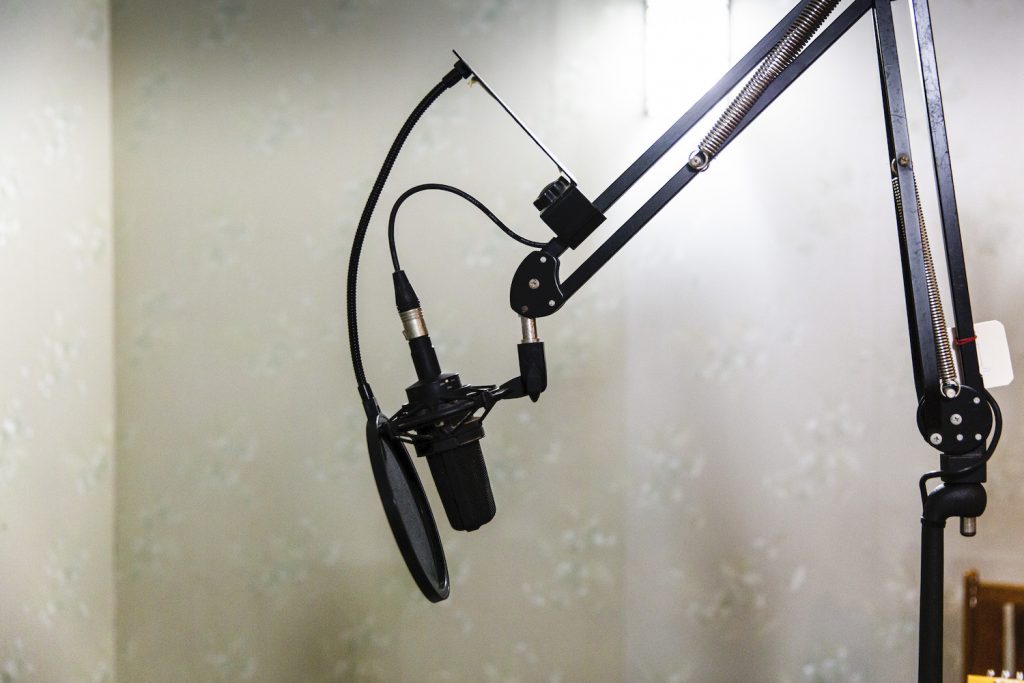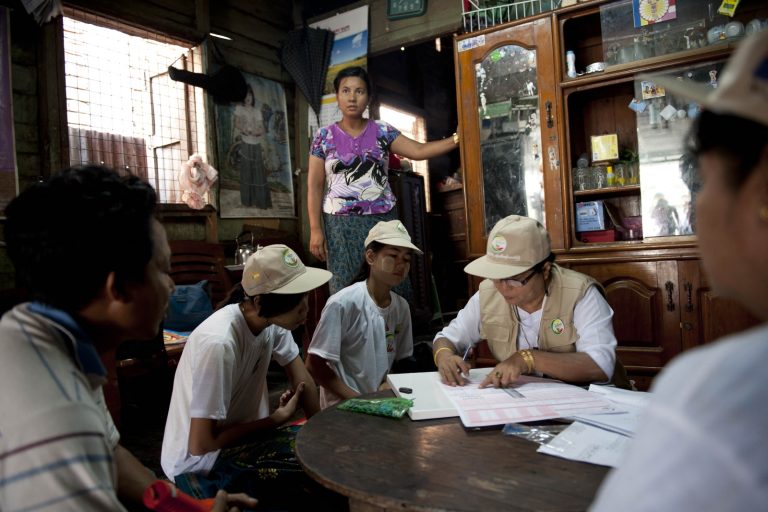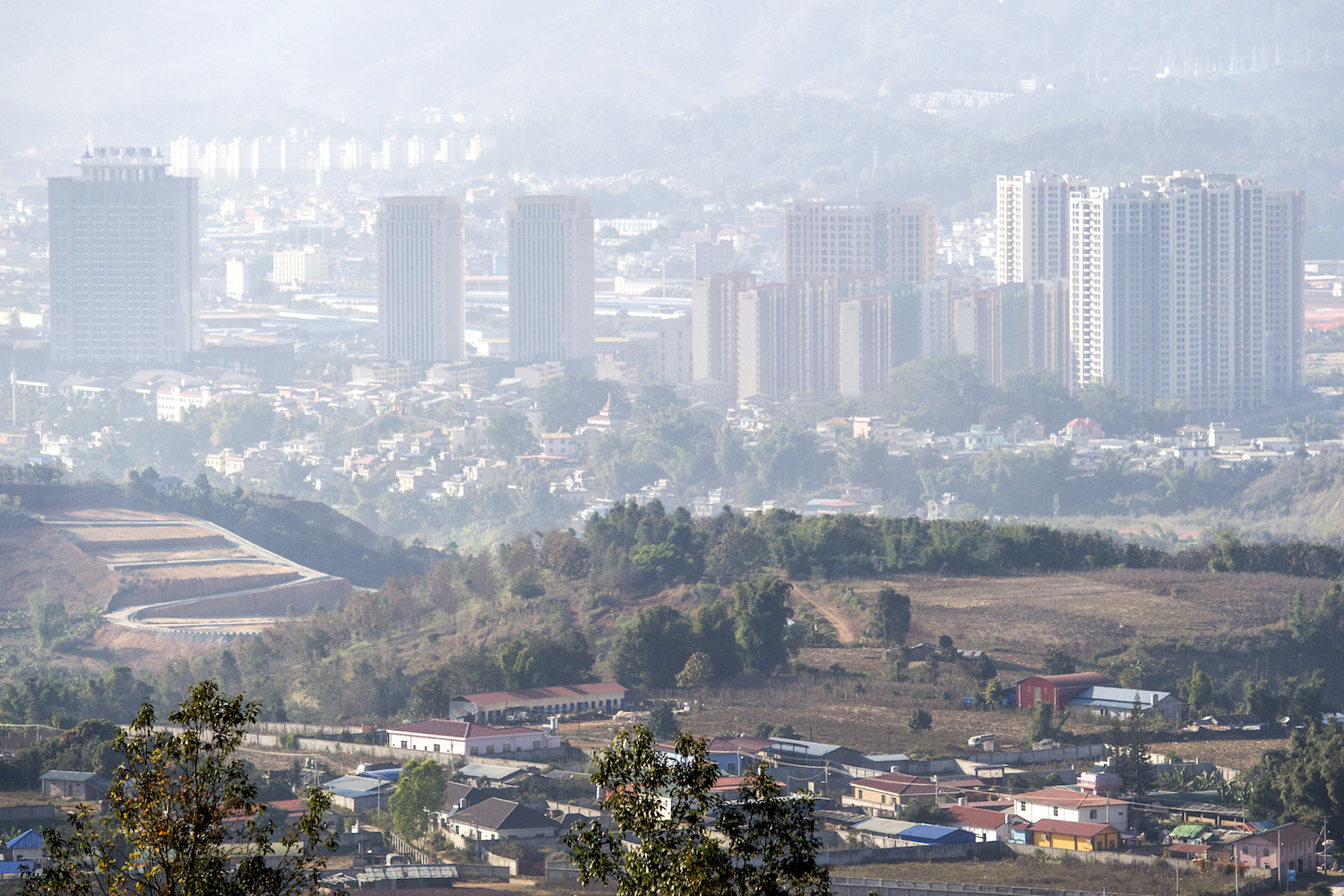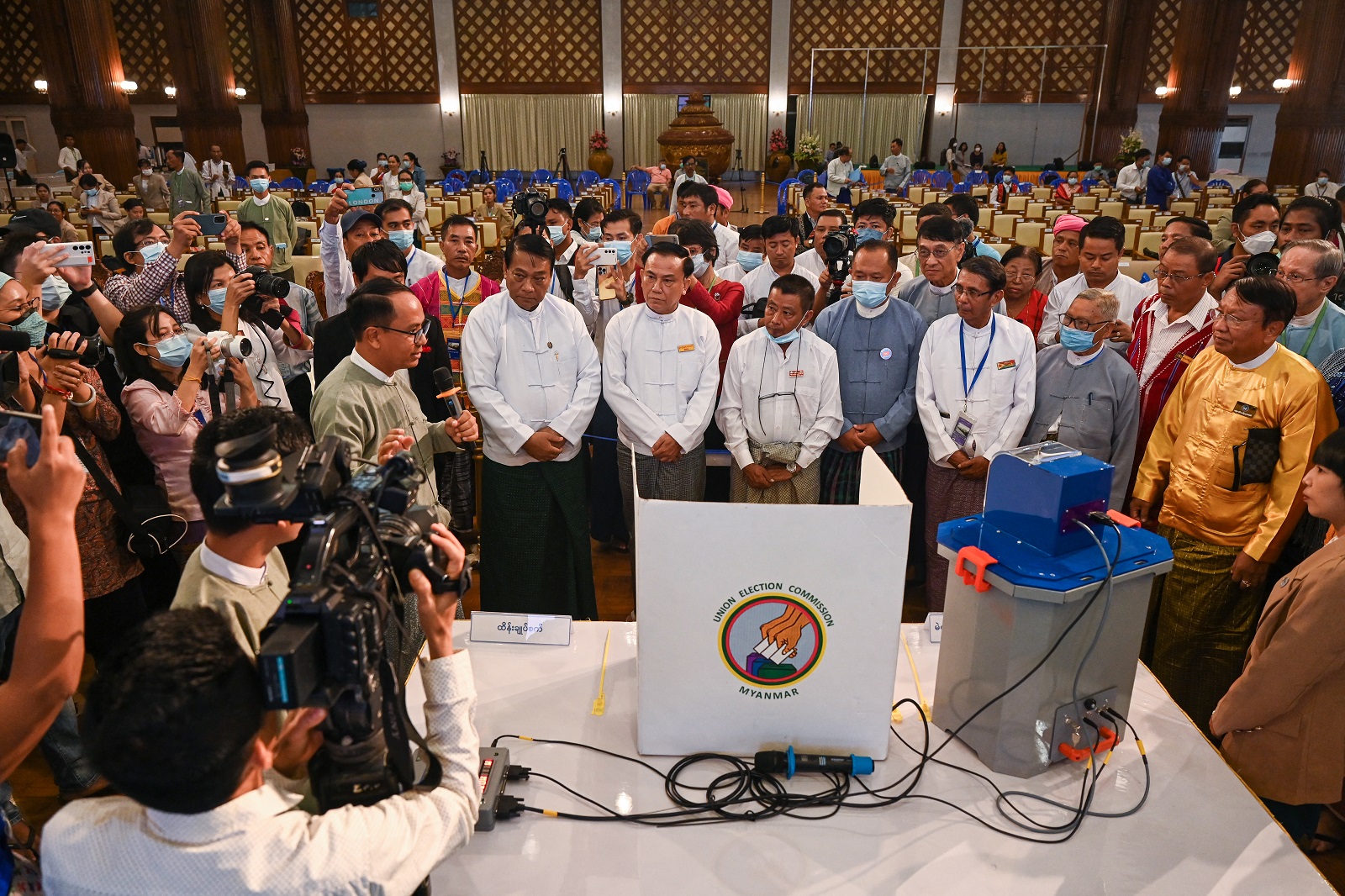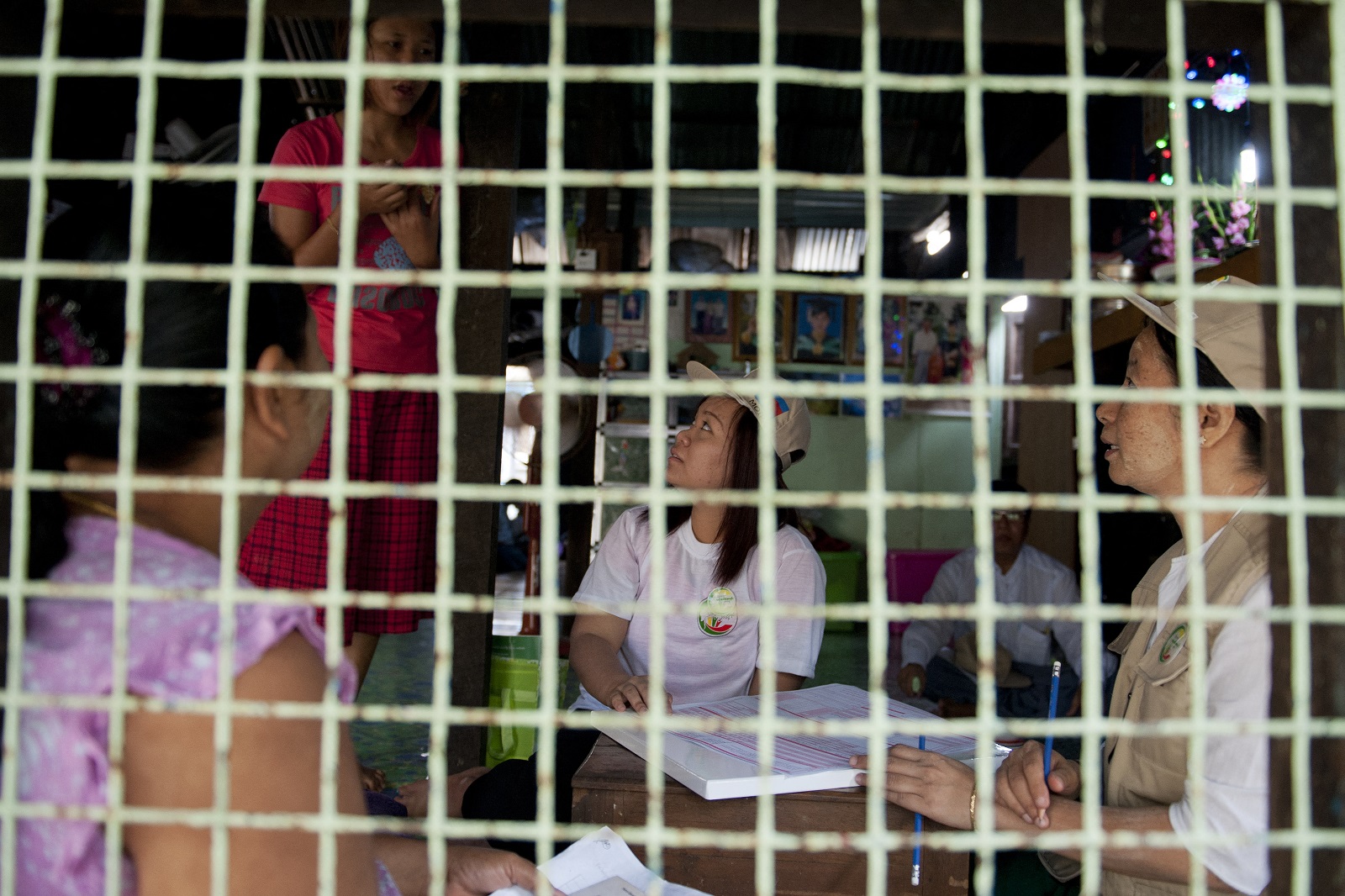The damage that COVID-19-targeted restrictions are having on election campaigns could be limited if the Ministry of Information allowed political parties to buy radio and TV ads.
By SITHU AUNG MYINT | FRONTIER
Since the official campaign period for the November election began on September 8, restrictions on travel, live events and large gatherings – meant to stop the spread of COVID-19 – have drawn the ire of several political parties.
Beginning in mid-August, Myanmar began recording an alarming rise in the number of COVID-19 cases and deaths. Given this grim reality, the restrictions make sense. But they also make campaigning difficult. In response, the opposition Union Solidarity and Development Party and 24 allied parties wrote to President U Win Myint and the Union Election Commission on September 15 asking that the election be postponed.
Similar requests have been made by the People’s Party, headed by former 88 Generation student leader U Ko Ko Gyi; the People’s Pioneer Party, chaired by the wealthy gem tycoon Daw Thet Thet Khine, and the activist Democratic Party for a New Society.
The main complaint of all these groups concerns the difficulty of campaigning under COVID-19 restrictions that require social distancing, limit election-related events to crowds of no more than 50 people, and severely curtail candidates’ ability to conduct door-to-door canvassing. In Rakhine State, where the second wave of the virus began, and in the 28 Yangon Region townships currently under stay-at-home orders, no campaigning is allowed at all.
But calls to push back the election date until the virus is contained must be considered in conjunction with the challenges to media freedom in Myanmar, particularly in broadcasting.
First, it’s important to note that it’s not just opposition parties being hurt by the physical restrictions. State Counselor and chair of the ruling National League for Democracy Daw Aung San Suu Kyi herself has been stung by them. She was scheduled to travel to her Yangon Region constituency of Kawhmu Township to raise the party flag and erect a billboard on the first day of official campaigning but was forced to cancel the trip when health minister Dr Myint Htwe vetoed it. She instead took part in a flag-raising ceremony at the NLD’s temporary headquarters in Nay Pyi Taw. Travel restrictions meant she couldn’t leave the capital until September 18 – 10 days after campaigning had already begun.
Ko Ko Gyi responded to the restrictions by suspending campaigning for his party entirely. Some NLD candidates have made similar decisions.
The restrictions have forced parties to adapt, often by moving all campaigning to social media, as well as advertising in newspapers and journals. In other democratic countries, parties also campaign on radio and television, and if the current government allowed it, so would political parties in Myanmar.
As it stands, all parties have the opportunity to deliver a campaign speech between 10 and 15 minutes long on state-owned TV and radio stations. The speeches are vetted, and sometimes censored, to ensure they comply with UEC rules before airing. Some private TV stations have been broadcasting the speeches live as well.
More than 90 parties are participating in the election this year, with about three party speeches being broadcast a day. However, because the speeches are devoted to party policy and are subjected to censorship before being broadcast, they tend to be uninspiring and rarely attract much interest. The speeches are published the following day in the state-owned newspapers Myanmar Alin, Kyemon and The Global New Light of Myanmar. These reprints basically amount to campaign ads fully subsidised by the government.
Beyond this free exposure, parties can advertise on billboards, in newspapers and journals, and on Facebook, all at their own expense. Candidates must declare to the UEC how much they’ve spent on election advertising.
But, crucially, political parties are not allowed to run campaign ads on radio or television, as is common in other countries.
MRTV, Myawady, Sky Net and Forever Group each have two analog channels that broadcast through 250 relay towers and provide nation-wide coverage, according to research done by Democratic Voice of Burma Deputy Director Khin Maung Win in 2018.
MRTV, owned by the Ministry of Information, also broadcasts on 17 digital channels, and the Tatmadaw-owned Myawady broadcasts on seven channels. Sky Net, Forever Group and five other private channels broadcast on a digital platform owned by MRTV. The digital network is supported by 145 relay towers and is able to cover most of the country. Some channels broadcast in HD quality. Sky Net and Forever Group also provide access to dozens of satellite channels through tuner boxes.
It is a problem that state-owned TV channels, which broadcast to the nation, do not allow election advertising on their airwaves. Similarly, privately-owned radio stations are capable of broadcasting to most of the country, but the information ministry does not permit them to accept election advertising from political parties either.
Most candidates can spend up to K10 million on campaigning; those running for ethnic affairs minister posts, which require more travel because their constituencies span an entire state or region rather than a mere township or district, can spend up to K15 million. With about 7,000 candidates competing on November 8, the total amount spent on campaigning will be significant. If each spends only half of what is permitted, it would equal K35 billion (more than US$26 million). With COVID-19 restrictions making on-the-ground campaigning nearly impossible, paid radio and TV ads would enable candidates to communicate with voters safely and effectively, and the election would certainly be livelier.
The ban on paid election advertising on radio and TV stations, which would also provide a new source of revenue for media organisations, may be due to the NLD government’s desire to exercise tight control over the press. This is lamentable, and it highlights how constricted broadcasting remains in Myanmar. Regardless of which government takes office after the election, those who stand for genuine democracy must fight for a freer media, in all its forms.


